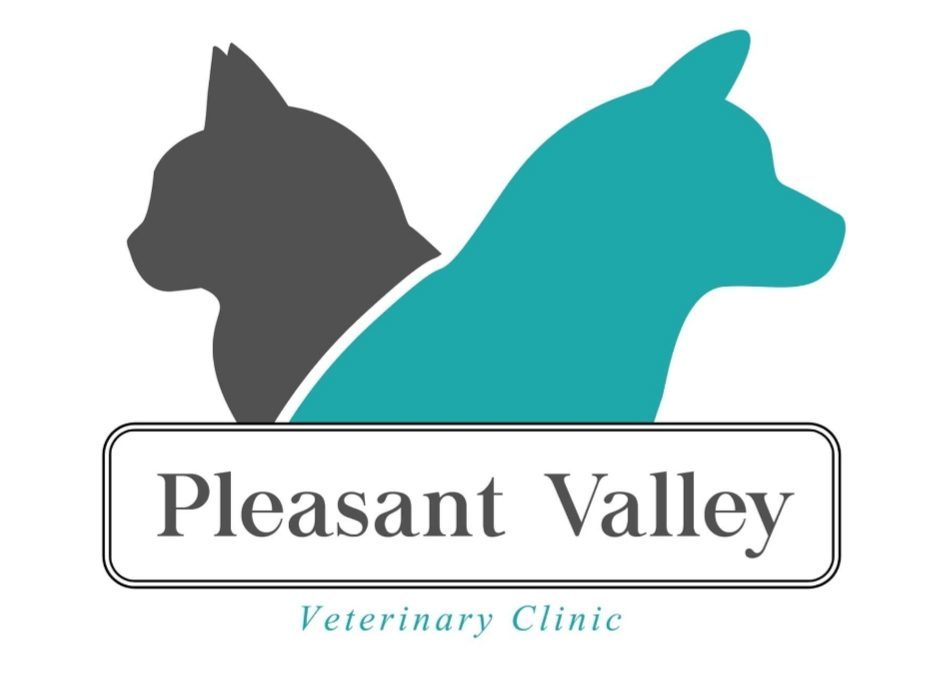Library
-
Choosing the right collar or harness for a dog requires understanding how each device works and what is best for the dog and the owner. Correct selection, fit, and use are crucial for any training tool's success.
-
Constipation is infrequent or difficult passage of stool or feces and is typically a temporary condition. Though there are many causes of constipation in dogs, most cases are caused by ingestion of irritating or indigestible substances. Constipation is usually diagnosed through a physical examination and medical history. A rectal exam to rule out rectal strictures, tumors, foreign bodies, or other abnormalities may be done. Abdominal radiographs, blood tests, and urinalysis are valuable for a full diagnosis and development of a treatment plan. Biopsies may also be recommended if a rectal mass or stricture is suspected. Most cases of constipation are relatively easy to treat through the use of manual removal, enemas, and medications. The prognosis for constipation is determined by the exact cause.
-
Ulcerative keratitis is inflammation in the cornea of the eye. The signs of ulcerative keratitis depend somewhat on the cause and how long the condition has been present. There are many potential causes of ulcerative keratitis, including trauma, infection, and abnormal tear production. Antibiotic ointment or drops will be prescribed and it is important to prevent additional trauma to the cornea. Superficial corneal ulcers typically heal within 5 to 7 days. Deeper or more complicated ulcers may take several weeks to heal and may require surgery in addition to medical treatment.
-
Corns are specific types of bruises of the sole, specifically occurring at the angle of the sole between the hoof wall and the bars, i.e., at the 'seat of corn', most commonly affecting the medial (inside) aspect of the front feet.
-
There are many ways we can change our dog's home environment to help them more easily move around and avoid injuries. This handout reviews some key points to improve your dog's comfort at home and on car trips.
-
Hospitals providing curbside care have restructured their practice to avoid the need for clients to enter the lobby and exam rooms. This measure was designed to promote physical (social) distancing during the COVID-19 pandemic; however, it may be used in other situations. This handout discusses the benefits and best practices of curbside care.
-
Cat food labels can certainly be confusing to interpret. In the United States, the Association of American Feed Control Officials (AAFCO) has developed model laws and regulations that states use for animal feeds. In Canada, pet food labeling guidelines are regulated by the Consumer Packaging and Labeling Act administered by Industry Canada. The Canadian government's Competition Bureau also has an extensive working group that upholds a voluntary code of conduct for the labeling and advertising of pet food. The most important information when comparing one dog food to another is the guaranteed analysis. Ingredient lists are somewhat useful when evaluating a particular cat food, but it is important to recognize the limitations. Talk to you veterinarian about the ingredient list and nutrient profile to help choose the diet that is right for your cat.
-
Dog food labels can certainly be confusing to interpret. In the United States, the Association of American Feed Control Officials (AAFCO) has developed model laws and regulations that states use for animal feeds. In Canada, pet food labeling guidelines are regulated by the Consumer Packaging and Labeling Act administered by Industry Canada. The Canadian government's Competition Bureau also has an extensive working group that upholds a voluntary code of conduct for the labeling and advertising of pet food. The most important information when comparing one dog food to another is the guaranteed analysis. Ingredient lists are somewhat useful when evaluating a particular dog food, but it is important to recognize the limitations. Talk to you veterinarian about the ingredient list and nutrient profile to help choose the diet that is right for your dog.
-
Your veterinarian wants to keep your pet healthy and the fact is that people who are better informed take better care of their pets. Do not be overwhelmed by “medicalese”. Try your best to understand this foreign language and if you cannot quite decipher it, ask your veterinarian to speak more plainly.
-
Degenerative joint disease is arthritis caused by deterioration and degeneration of tissues lining joints. It is an under-recognized condition in cats. Treatment involves modification of the home environment, regular gentle exercise, anti-inflammatory drugs and other medications, omega fatty acids, chondroprotectants, and possibly other nutraceuticals. Maintaining your cat’s weight can help prevent degenerative joint disease.


